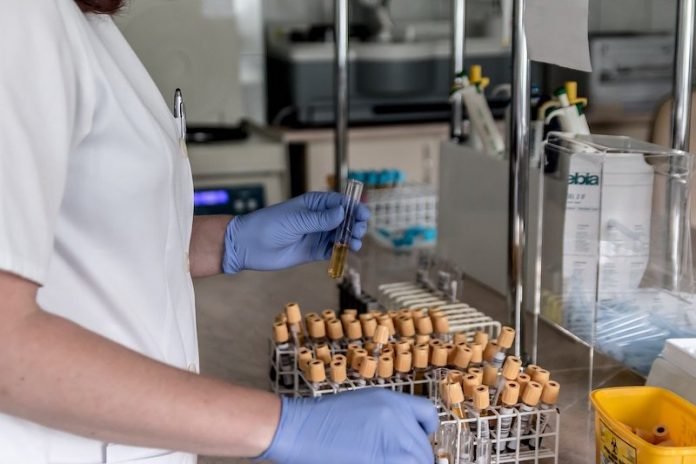
In two new studies from Alexandria University and Tehran University, researchers developed a pair of experimental tests that could help doctors detect colon or prostate cancer with just a sample of blood or saliva.
One test examines a person’s blood for four biomarkers linked to inflammation. In a small experiment, it outperformed the fecal blood test now used in colon cancer screening.
The other test uses a man’s saliva to look for genetic material linked to prostate tumor growth, according to the Iranian researchers who developed it.
If approved in the United States, the tests could make screening and diagnosis for these cancers easier on patients, without the need for needle biopsy or colonoscopy.
The colon cancer test uses microscopic, color-coded beads to capture four inflammatory proteins from a blood sample. Laser technology then provides a count of the beads.
In the study, the team tried the test with 35 patients with colon cancer and 52 people who were cancer-free.
They found that the proteins were at higher levels in the cancer patients, indicating that they could be used to screen for colon cancer without resorting to colonoscopy.
The prostate cancer test searches saliva for eight RNA samples that indicate whether a man has developed prostate cancer or is simply suffering from an age-related enlarged prostate.
The researchers tried the test on 180 men between the ages of 45 and 50, including 60 diagnosed with prostate cancer and 60 with an enlarged prostate.
The study found that the saliva panel accurately sorted the men with prostate cancer from those with an enlarged prostate—something that up to now has required a needle biopsy.
The team says future studies would seek to confirm these initial findings in a larger and more diverse set of men. They will also seek to determine appropriate cutoffs for levels of RNA in the saliva samples.
If you care about colon cancer, please read studies about common high blood pressure drugs may lower colon cancer risk and findings of a new way to diagnose colon cancer.
For more information about colon cancer and your health, please see recent studies about aspirin may stop colon cancer growth and recurrence and results showing that these gut bacteria may increase colon cancer risk.
The study was presented at the American Association for Clinical Chemistry (AACC) annual meeting. One author of the study is Dr. Mona Eldeeb.
Copyright © 2021 Knowridge Science Report. All rights reserved.



